Perception is Projection
This week my husband turned 59- my mother-in-law 89 and my granddaughter 5 months.
A 2009 survey of Americans asked participants when they believed someone grew ‘old’. Those in their twenties believed said old age began at 60. Those under 50 put the threshold closer to 70, whereas those 65 and above said that the average person does not become old until turning 74.
I wonder what Jeanne Louise Calment would have said. 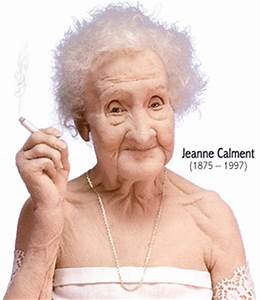
Calment was born on February 21, 1875 and lived 122 years and 164 days. She was a French supercentenarian from Arles, and the oldest human to date. Her longevity attracted media attention and medical studies of her health and lifestyle. She was alive to witness the invention of the airplane, cinema, and on a trip to Paris saw the Eiffel tower being built. When she was 13, Jeanne met Vincent Van Gogh. When asked her secrets, Jeanne Calment attributed her longevity to immunity to stress and a good attitude, “I wasn’t afraid of anything. I was often reproached for that … I took pleasure when I could, I acted clearly and morally and without regret. I’m very lucky.” Calment reportedly ate more than two pounds of chocolate a week, treated her skin with olive oil, rode a bicycle until she was 100, and only quit smoking when she was 117 because she became too proud to ask someone else to light her cigarettes. I doubt Jeanne would agree with the idea of 74 as old.
Once again perception is projection. Research indicates that your attitude towards something can directly affect the outcome. This is known as the self-fulfilling prophecy, where you unknowingly cause an event or outcome to come true simply by expecting or believing that it will happen. If you think you are old, chances are you will age faster. Researchers from Yale University and the National Institute on Aging found that people who held negative stereotypes about aging had a 30 percent greater decline in memory as they aged, compared to persons who did not.
What is emerging from the global research is that around 30% of longevity is contributed by genetics. The remaining 70% is to do with our lifestyle, which includes a healthy diet, exercise, and remaining socially integrated. One of the strongest themes to emerge related to the personality traits of those most resilient is adaptability and optimism.
My Practicing Presence workshops teach practices that range from reducing stress to strengthening resilience and improving focus. We practice for the real final- how we live our lives, which impacts the duration and quality of our lives. From birth, our neural architecture is shaped by how we handle life’s ups and downs, the decisions we make, the thoughts we think, and who we love. Too many people are anxious, overwhelmed, and not enjoying the present moment. Understandably, we are dealing with a great deal of uncertainty but adversity can harden you, or it can make you stronger—you just need the right tools.

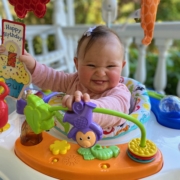

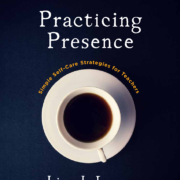

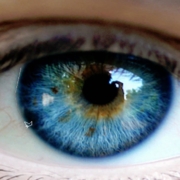
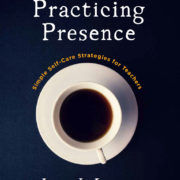



Leave a Reply
Want to join the discussion?Feel free to contribute!